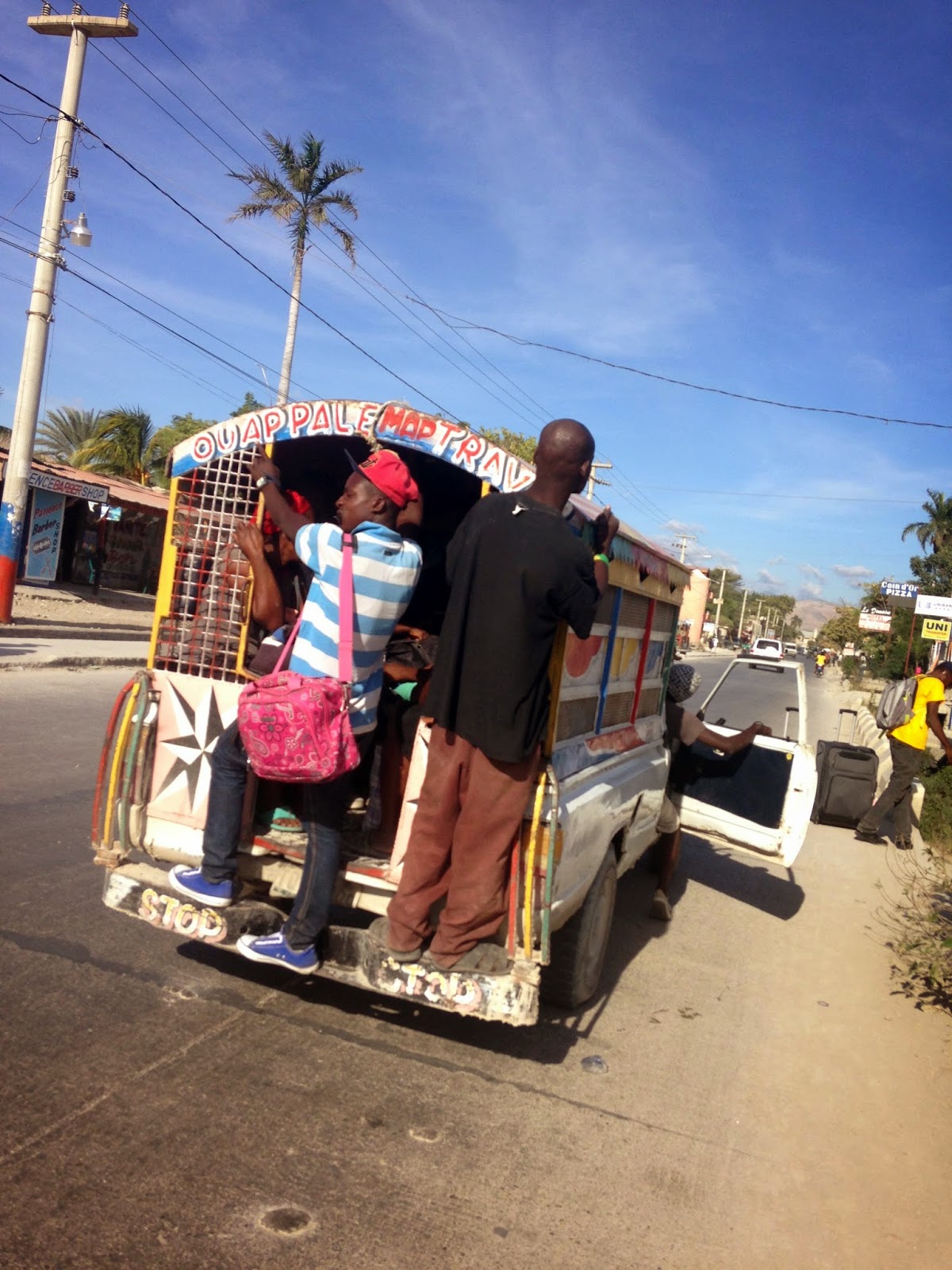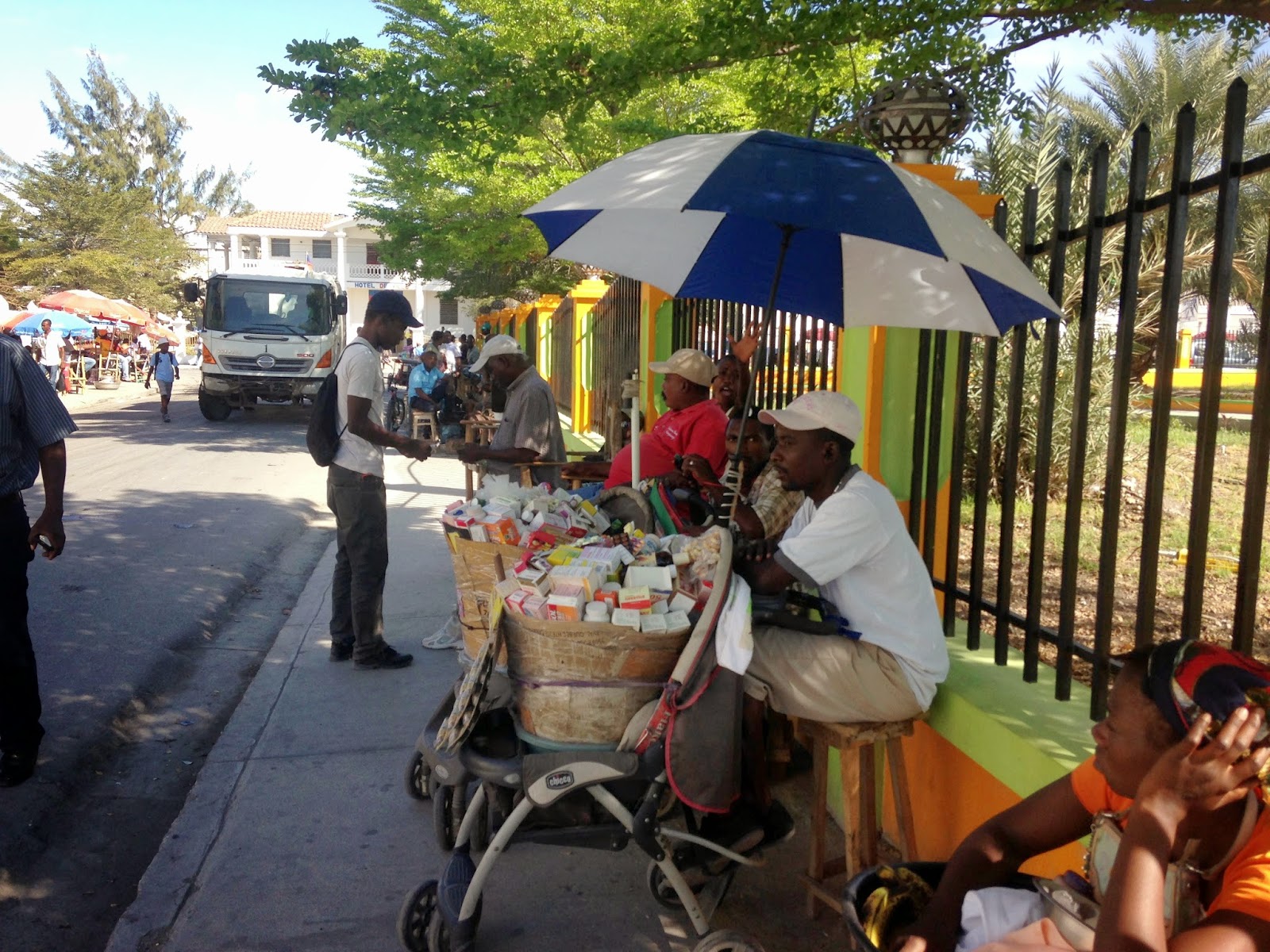I left Haiti on May 24th. It was very hard to say good-bye to everyone. Patients, students, little children, neighbors, colleagues, roommates, friends - they have been my Haiti family and leaving them behind hurt. A lot.
Creole is such a limited language that the only way to explain my move back to the US was to use the phrase, "M prale net", which translates to "I'm leaving for good." Every time someone asked me, "Mis Keziah, ou prale net?" I wanted to hide somewhere and cry for hours.
I won't try to describe what it's like to say "I'm leaving," to a dirt-poor single mother who has been your friend for 5 years, a woman that you were with when her 2 youngest children died.
I won't attempt to convey how empty I felt after saying good-bye to the young men who helped me sew wounds shut and save the lives of burned children.
I won't try to make you understand what it felt like to ride the dusty paths of the Savann Desole and know that I will never ride those trails again with my bike crew.
I won't try to explain how the words choked in my throat when I tried to tell my roommates what it has meant to me that they have loved me through my best and worst moments.
And I won't try to put words to the gut-wrenching pain of hugging Johnny J while he stared solemnly at me, confused by my tears.
I said my good-byes to them, and now, it's good-bye to you, dear blog readers. Thank you for your prayers and kindness over the years. Thank you for sharing my Haiti life with me. I am going to be making an effort at living "normal" life now, so I will not blog anymore. If you want to contact me, please email me at nursekezzie@gmail.com, and please, don't stop praying for me. In some ways, the hardest part of my journey starts now.























.jpg)
.jpg)















.jpg)
.jpg)
.jpg)
.jpg)
.jpg)
.jpg)
.jpg)
.jpg)
.jpg)
.jpg)